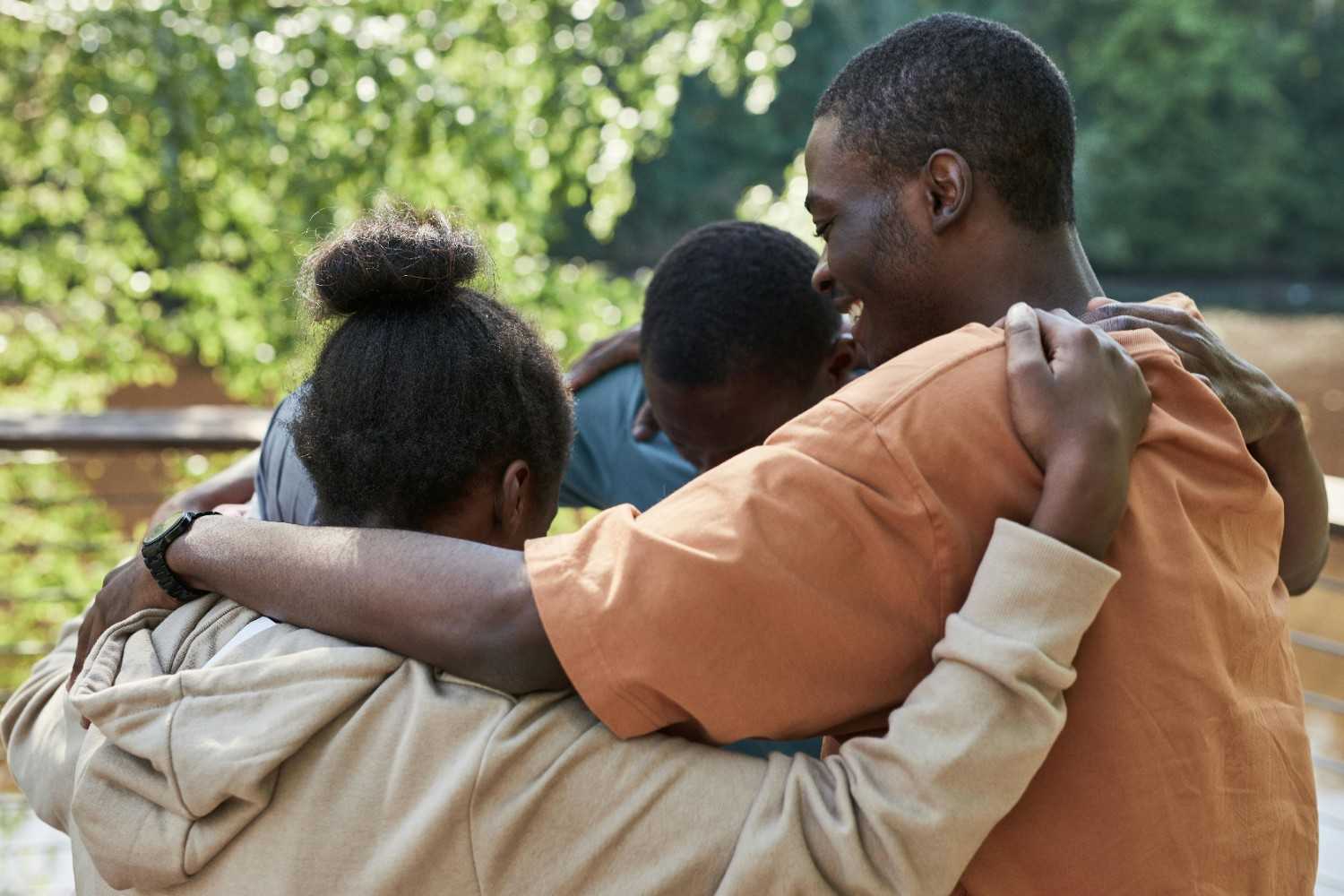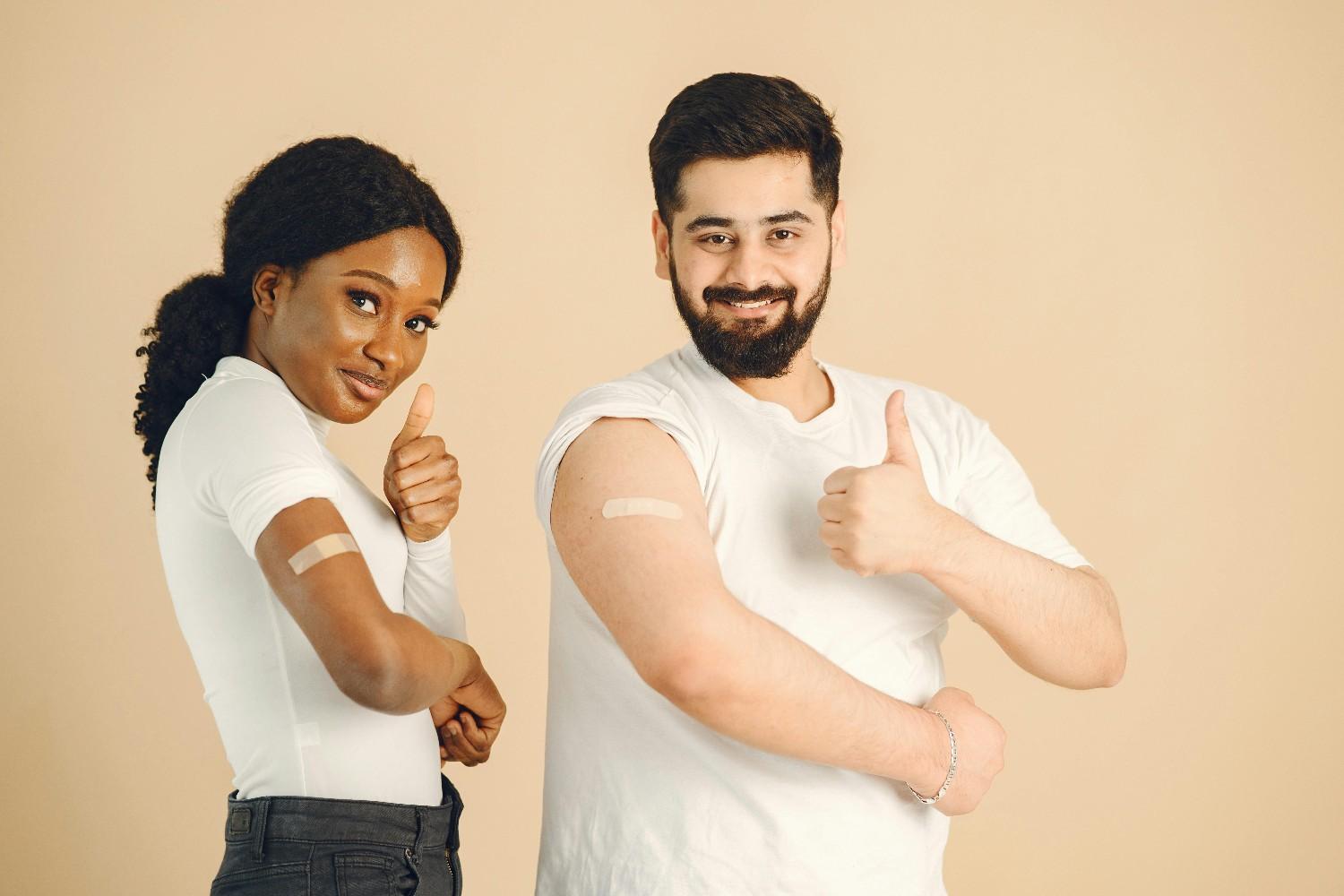Addiction is often called a disease of isolation. It thrives in secrecy, grows in shame, and convinces its host that they are utterly and terminally alone in their struggle. It follows, then, that if isolation is the disease, connection is the cure. A robust support system is not a helpful accessory to recovery; it is the "essential" operating theater in which the healing takes place. This article explores the profound "why" behind this truth, examining the science of how community heals the addicted brain and providing a practical guide to building the network that can turn the lonely, silent battle of addiction into a shared, vocal journey of hope.
Key Points
- Addiction is fundamentally a disease of isolation; therefore, the most effective antidote is connection and the development of a robust support system (1).
- Positive social connection counteracts the neurological impact of addiction by releasing oxytocin, which can reduce stress, mitigate cravings, and help "rewire" the brain for healthy attachment (2).
- Peer support groups (like 12,Step fellowships and SMART Recovery) are uniquely powerful because they eliminate shame and isolation by providing a community with shared lived experience (3).
- Professional support, including therapists and counselors, is critical for providing evidence,based tools (like CBT) and for treating the underlying co,occurring disorders, such as trauma or depression, that often fuel addiction (4).
- While family can be a crucial source of support, healing often requires establishing healthy boundaries, engaging in family therapy, and utilizing resources like Al,Anon to ensure the system itself becomes healthy (5).
Introduction: The Antidote to Isolation
Addiction is often called a disease of isolation. It thrives in secrecy, grows in shame, and convinces its host that they are utterly and terminally alone in their struggle. In the depths of active addiction, relationships crumble, trust evaporates, and the world shrinks to the singular, desperate focus of finding and using the next substance. It follows, then, that if isolation is the disease, connection is the cure. A robust support system is not a helpful accessory to recovery; it is the "essential" operating theater in which the healing takes place. It is the network of hands that catches you when you fall, the chorus of voices that reminds you of your worth when you have forgotten, and the living proof that a different way of life is possible.
While we have shared inspirational journeys in our Personal Stories of Recovery posts, this article will explore the "architecture" of those triumphs. We will delve into the science of why community is so vital for healing the addicted brain. We will examine the distinct and indispensable roles played by different pillars of support: the "peers" who have walked the path, the "professionals" who can guide the way, and the "family" that can learn to heal alongside you. This guide, by recovery sociologist Dr. Lena Hanson, will provide a practical blueprint for understanding, building, and nurturing the connections that make long,term recovery not just a possibility, but a sustainable reality. All information is current as of September 14, 2025, at 6:15 AM GMT.
The Neuroscience of Connection: Why We Can't "Just Willpower" Our Way Out
To understand why support systems are so critical, we must first look at what addiction does to the brain. As we explored in Understanding Addiction, chronic substance use hijacks the brain's reward circuitry. It creates an artificially powerful pathway where the substance becomes the primary source of dopamine, the neurotransmitter of motivation and reward. Over time, the brain adapts, diminishing its response to natural rewards like food, accomplishments, or even human connection. The substance becomes the brain's perceived key to survival, and isolation becomes a protective measure to guard the addiction.
Recovery is the monumental task of "rewiring" these neural pathways. This is where connection becomes a biological intervention. When we engage in positive, empathetic social interaction, our brains release a powerful hormone called "oxytocin." Often called the "bonding hormone," oxytocin is instrumental in forming social attachments and has been shown to have a profound effect on addiction and recovery. Research from Stanford University and other institutions has shown that oxytocin can:
- Reduce Cravings: It can directly interfere with the dopamine pathways activated by drugs, making the substance less appealing.
- Alleviate Stress: It helps regulate the body's stress response by lowering cortisol levels, which is crucial since stress is one of the most common relapse triggers.
- Promote Healthy Attachment: It fosters feelings of trust and security, helping the brain learn to seek reward from healthy relationships rather than from a substance.
When someone in early recovery steps into a support group and hears someone say, "I know exactly how you feel," the sense of relief they experience is not just psychological; it is "biochemical." The shame subsides, the nervous system calms, and oxytocin begins its healing work. This is why "just using willpower" is so often a failing strategy. It pits one part of the brain (the prefrontal cortex, responsible for executive function) against the deeply ingrained, survival,driven reward system. A support system changes the equation entirely. It provides an external source of regulation, comfort, and reward that helps the brain heal itself from the inside out.
The Power of Peers: The Tribe That Understands
The most unique and often most powerful component of a recovery support system is the community of peers,individuals who have lived experience with addiction. This is the foundation of mutual,help groups like Alcoholics Anonymous (AA), Narcotics Anonymous (NA), and secular alternatives like SMART Recovery or Refuge Recovery. The power of peer support lies in its ability to instantly demolish the wall of shame and "terminal uniqueness," the belief that one's pain and problems are so unique that no one could possibly understand.
Imagine walking into a room full of strangers, burdened by secrets you believe make you monstrous, only to hear someone else tell "your" story. This experience is profoundly healing. It provides:
- Identification and Empathy: Peers offer a level of understanding that no therapist or family member, however well,intentioned, can replicate. They have been in the trenches. This shared identity creates a powerful bond and a safe space to be vulnerable without fear of judgment.
- Hope Incarnate: A room full of people who are living happy, sober lives is the most compelling evidence that recovery is possible. A newcomer can look at someone with ten years of sobriety and see a tangible future for themselves. This living proof is more powerful than any clinical statistic.
- A New Social Framework: Active addiction often destroys one's social life or centers it entirely around using. Peer support groups provide an immediate, ready,made social network where the common denominator is recovery. They offer a place to go, people to call, and activities to do that do not involve drugs or alcohol.
- Accountability and Mentorship: Within many of these groups, the concept of a "sponsor" or "mentor" is central. This is a one,on,one relationship with someone further along in their recovery who can provide guidance, support, and accountability. This relationship is a lifeline, especially in the turbulent waters of early recovery.
As we saw in our stories of recovery, the path of connection was central for Sarah, who found her sobriety in the fellowship of AA. This peer,driven model provides a structured, supportive environment for rebuilding a life from the ground up.
The Professional Anchor: Expert Guidance for a Complex Journey
While peer support is essential for the heart, professional support is often essential for the mind. Therapists, counselors, psychiatrists, and addiction specialists form the "clinical anchor" of a support system. They provide the evidence,based strategies and expert knowledge that are often necessary to navigate the complexities of addiction and its underlying causes.
A professional's role is distinct from that of a peer. They provide:
- Diagnosis and Treatment of Co,occurring Disorders: It is incredibly common for addiction to coexist with other mental health conditions like depression, anxiety, or PTSD. In many cases, the addiction is a form of self,medication for these underlying issues. A trained professional can diagnose and treat these conditions concurrently, which is often the key to preventing relapse.
- Evidence,Based Therapeutic Tools: Therapists can equip individuals with practical, proven skills to manage their recovery. Cognitive Behavioral Therapy (CBT), for example, helps people identify and change the destructive thought patterns that lead to use. Dialectical Behavior Therapy (DBT) provides skills for managing intense emotions and distress.
- An Objective and Confidential Space: A therapist's office is a completely confidential and non,judgmental space. Unlike friends or family, a therapist has no personal stake in the individual's life, allowing them to offer unbiased feedback and challenge the person in ways that others cannot.
- Trauma Processing: A significant percentage of people with substance use disorders have a history of trauma. Specialized therapies like EMDR can help process these deep,seated wounds in a safe and structured way, healing the original injury that the addiction was trying to numb.
For individuals like David, who resonated with a logical, skills,based approach, or Maria, who needed to heal deep trauma, professional support was the cornerstone of their recovery. It is not an either,or choice between peer and professional support; the most robust recovery plans integrate both.
The Family Factor: Rebuilding the Home Base
The family is often the first casualty of addiction, and its healing is one of the most complicated and vital parts of recovery. Family and close friends can be a powerful source of love and support, but they can also be, often unintentionally, a source of stress and relapse triggers. Addiction warps the entire family system, creating unhealthy dynamics like "enabling" (protecting the person from the consequences of their actions), "codependency," and a breakdown of communication.
Therefore, a healthy support system requires the family to engage in its "own" process of recovery. This involves:
- Education: Family members must learn that addiction is a disease, not a moral failing. Understanding the science behind it can help replace anger and resentment with empathy and compassion.
- Setting Healthy Boundaries: This is perhaps the most critical skill. A boundary is not a punishment; it is a line drawn to protect one's own well,being. It might mean saying, "I love you, but I will not give you money," or "You are welcome in my home, but not if you are using." Boundaries are what stop the cycle of enabling.
- Seeking Their Own Support: Programs like Al,Anon and Nar,Anon are designed specifically for the families and friends of alcoholics and addicts. They provide a peer community for family members to share their experiences, learn healthy coping mechanisms, and realize they are not alone.
- Family Therapy: Working with a professional family therapist can be transformative. It provides a mediated space to rebuild trust, improve communication (as discussed in our Effective Communication post), and establish new, healthy dynamics for the entire family unit.
For the person in recovery, it is crucial to have patience and communicate needs clearly. For the family, it is crucial to remember that their own healing is just as important. When a family learns to heal together, it transforms the home from a place of conflict into a safe harbor for recovery.
Comparison: The Pillars of a Recovery Support System
| Type of Support | Primary Role | Key Benefit | Potential Challenge |
|---|---|---|---|
| Peer Support | To provide empathy, hope, and a shared identity. | Reduces shame through lived experience; "I've been there." | Not a substitute for clinical care; can sometimes offer unhelpful advice. |
| Professional Support | To provide clinical diagnosis, tools, and expert guidance. | Treats underlying issues (trauma, etc.); teaches evidence,based skills. | Can feel clinical or detached without the "warmth" of peer support. |
| Family & Friends | To provide love, encouragement, and a stable environment. | Offers long,term, unconditional love and practical, everyday help. | Risk of enabling, codependency, and unresolved resentments. |
| Sober Community | To provide a new social network and sober activities. | Makes recovery fun and demonstrates a fulfilling life is possible. | Can take time and effort to build from scratch. |
Conclusion: We Do Recover
The journey out of addiction is rarely a straight line, and it is almost never a journey taken alone. The myth of the rugged individual who pulls themselves up by their own bootstraps is particularly dangerous when applied to recovery. The truth is far more collaborative and far more beautiful. Lasting recovery is built on a foundation of connection,a web of support woven from the threads of shared experience, professional expertise, and renewed love.
Building this network takes courage,the courage to pick up the phone, to walk into a meeting, to be vulnerable in a therapist's office, and to have honest conversations with loved ones. But it is the single most important investment one can make in a new life. The opposite of addiction is not sobriety; it is connection. And in the collective strength of a support system, individuals find not only the power to overcome their addiction, but the profound and life,affirming truth that they are worthy of being helped, and that together, "we" do recover.
References
- HCRN - Connection is the Opposite of Addiction
- NCBI - The Role of Oxytocin in Addiction and Addiction Recovery
- SAMHSA - Peer Support Workers for those in Recovery
- NIDA - Drug Addiction Treatment in the United States
- Al,Anon Family Groups - Official Website








